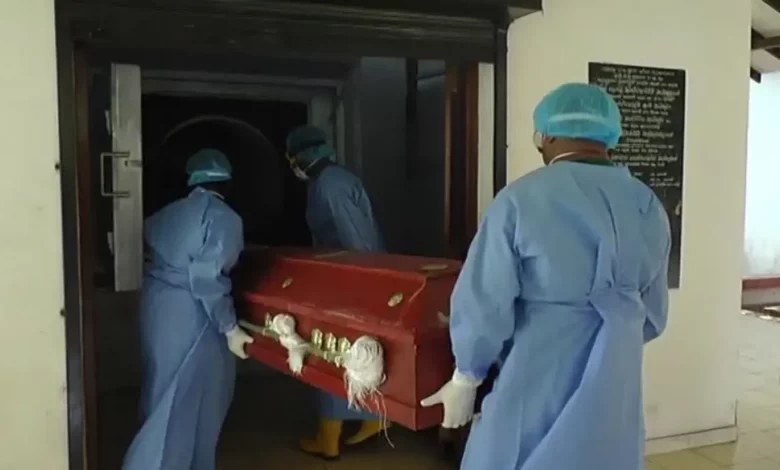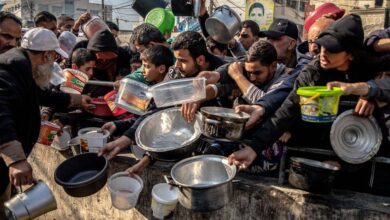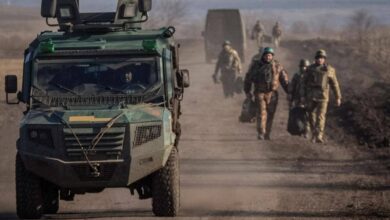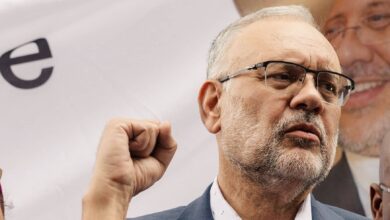
Thus, in a noteworthy decision, the Sri Lankan authorities have officially tendered an apology to the country’s Muslim population for arranging forceful cremation processes for those who had succumbed to COVID-19 during the healthcare crisis.
This decision negates the previous government’s failure to heed the World Health Organization’s (WHO) assurance that burials made in a manner consistent with Islamic tenets posed no harm.
The government has now revealed that a new law will be formulated in order to prevent such incidents in the future as regards the funeral rights of Muslims and any other community, as per an AFP report. This is a relief to the Muslim community that constitutes 10% of the Sri Lanka’s population of 22 million people, who, based on their culture, lay their deceased in the grave facing the holy city of Mecca.
The forced cremations had led to many debate, because people saw the act as a way of discriminating the minority group. This is highlighted by one of the most heartrending cases in which a 40-day-old baby boy was cremated contrary to the parents’ wishes.
Hilmy Ahamed of Muslim Council of Sri Lanka said he accepts the apology but added that the Muslims will continue to be traumatized. The council claims to commence a legal battle against the two provided educationists – Meththika Vithanage and Channa Jayasumana – who are responsible for the imposed cremation policy, and compensation will also be sought.
The previous government headed by the former President Gotabaya Rajapaksa had banned burial despite the international revulsion of the violation of the Islamic burial rights. Rajapaksa whom this month published a book that sought to justify his actions asserted that Vithanage, whom he consulted was a professor of natural resources and did not have a medical background.
The forced cremations were brought to a stop in February 2021 after the appeal by Imran Khan, the then prime minister of Pakistan, in his visit to Sri Lanka. Funerals were later taken to another uncontaminated Oddamavadi suffering from the continued threat from the rebel forces under strict military security and wholly with no involvement of the families of the deceased.
This apology is another form of recognition of how to heal the hurts within the Sri Lankan Muslim community and respect their basic equality to be able to bury their dead during those vulnerable times.



